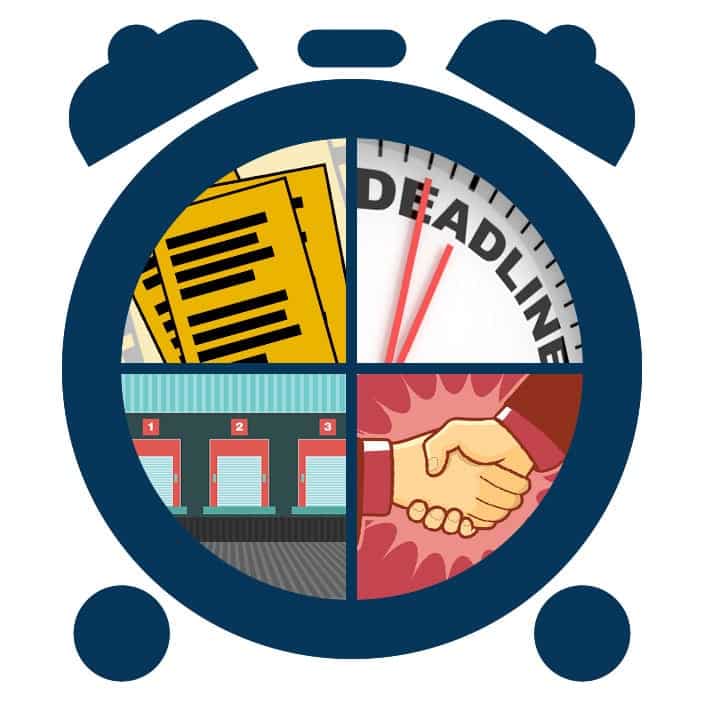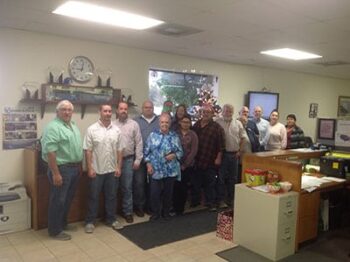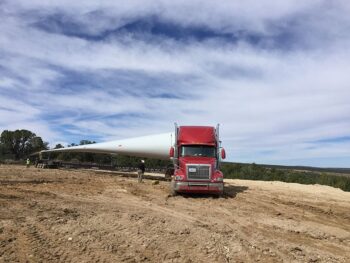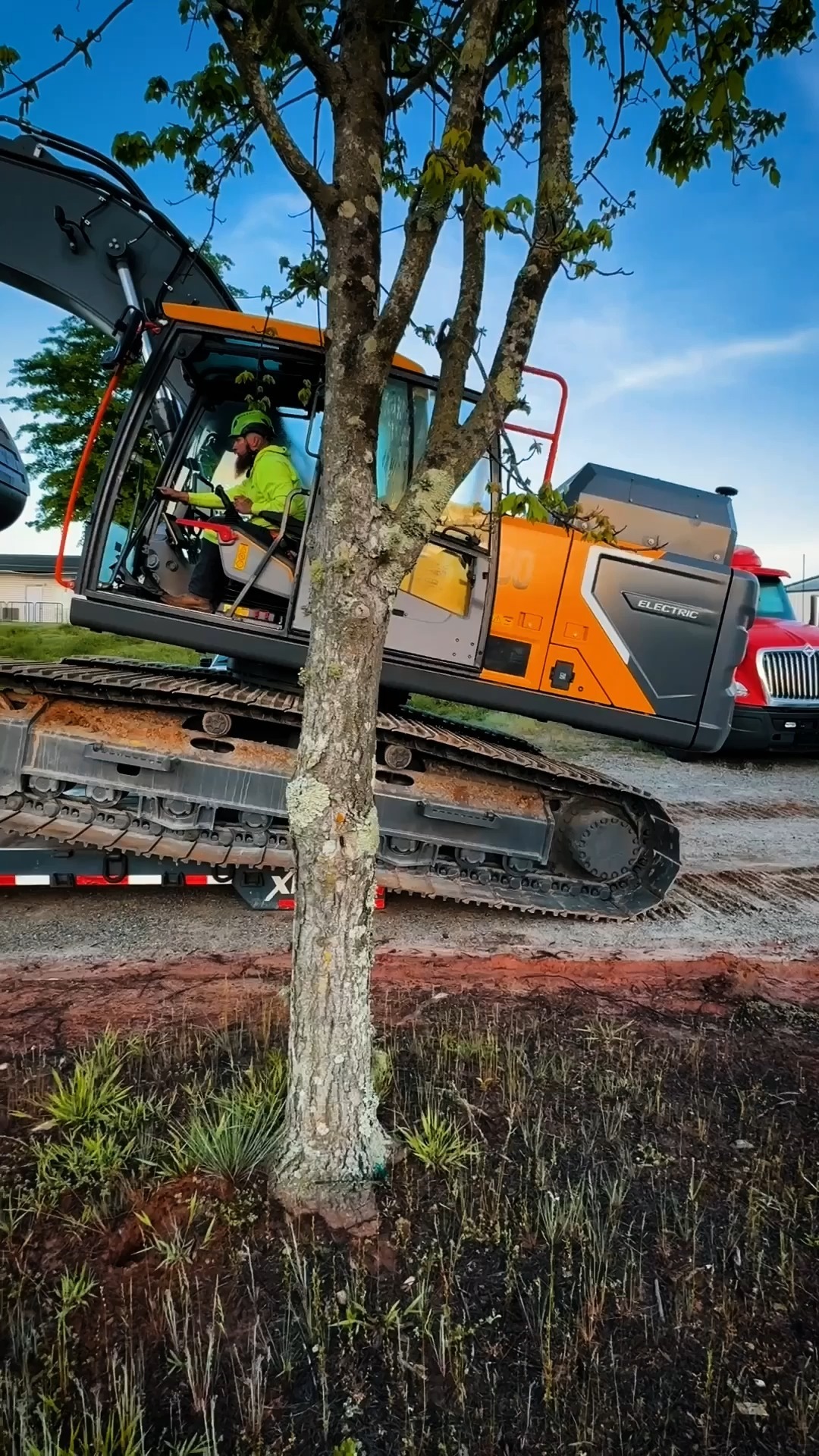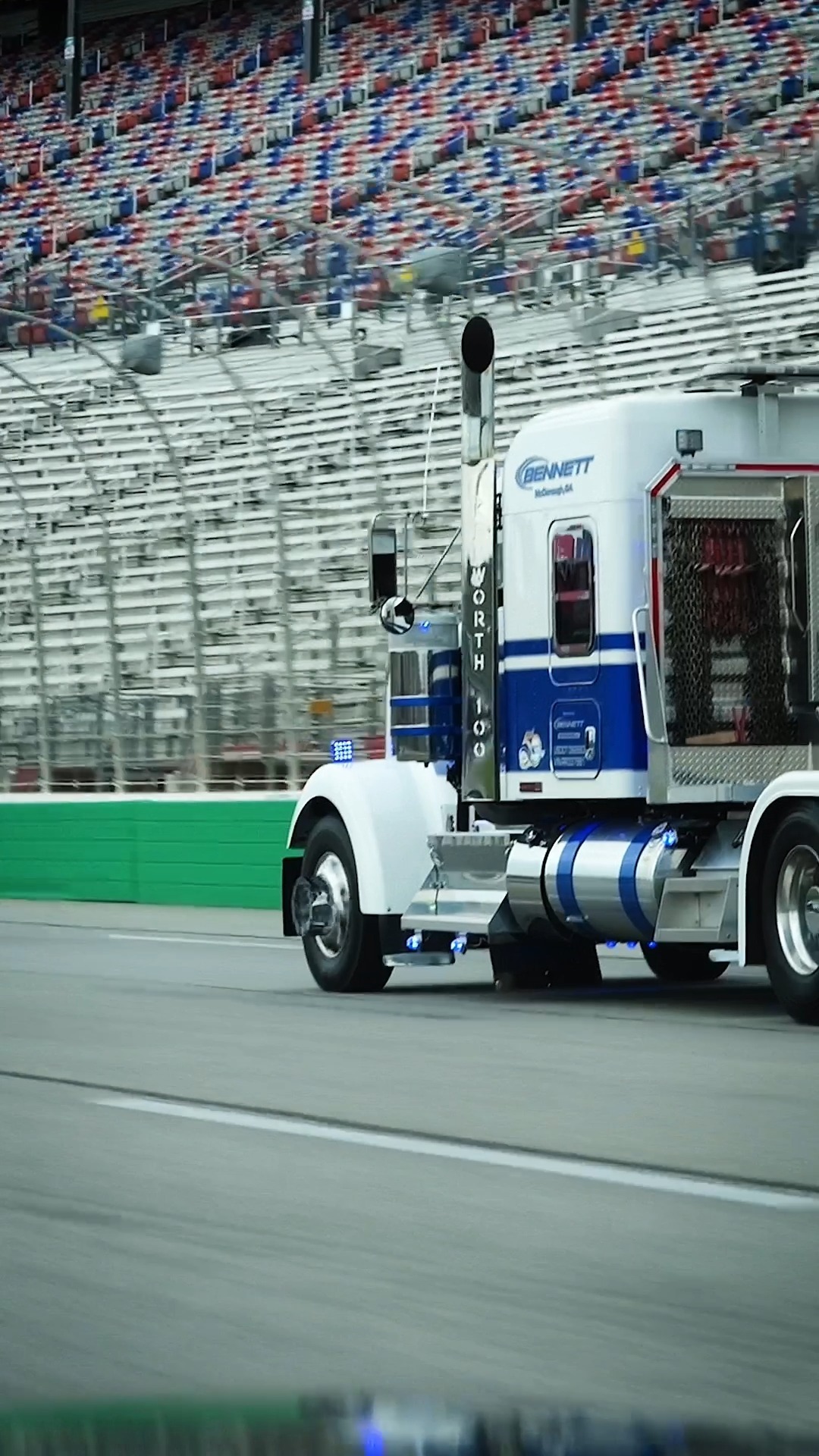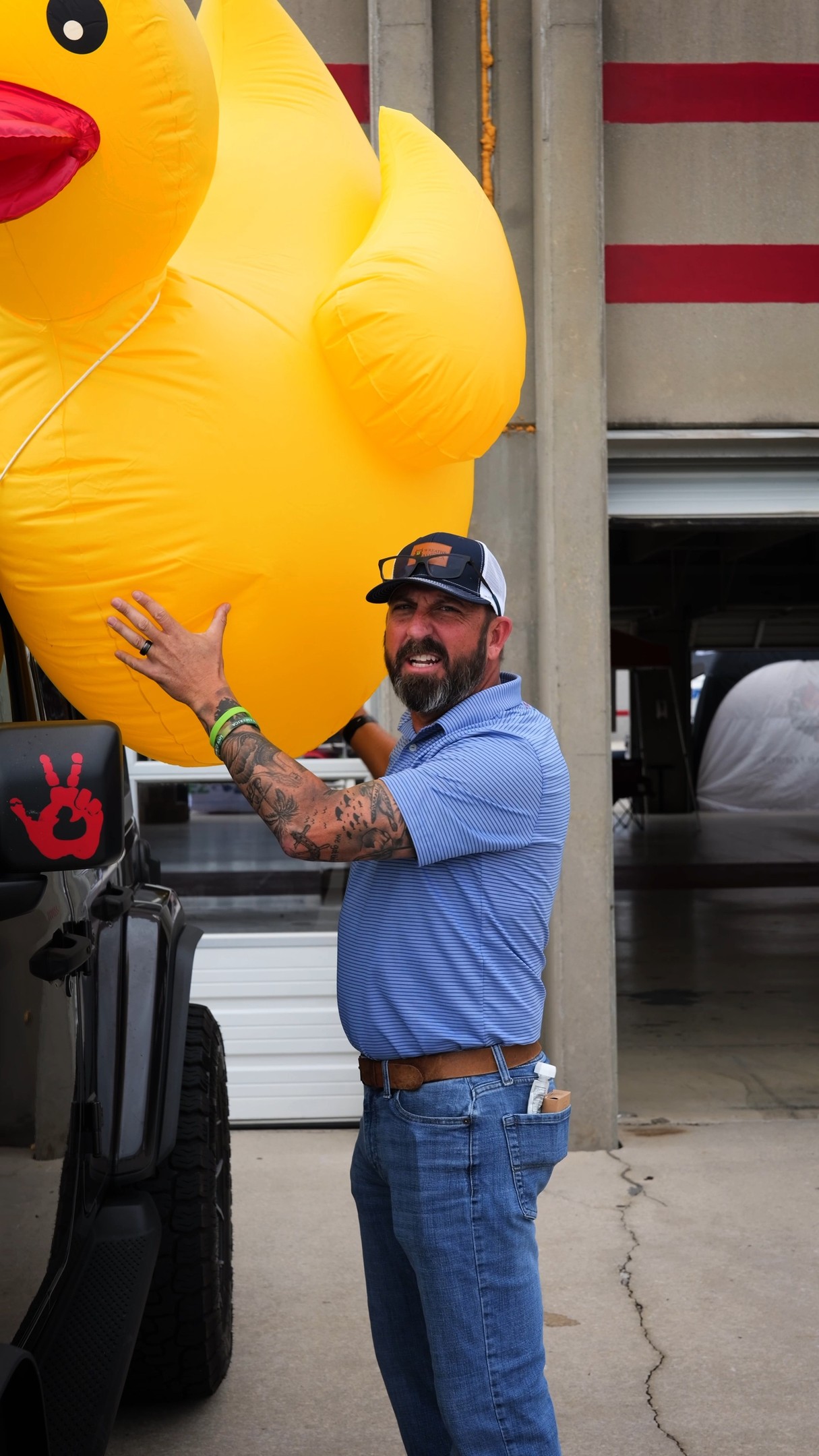It’s not a big surprise. This mixture of government regulations, an ongoing driver shortage and a dramatic increase in the number of motorists and fatal crashes is expected to create a cyclone of challenges for shippers starting this year. The government mandate for elogs goes into effect next December, and there’s also the possibility that legislation mandating speed limiter devices in all trucks could be passed sometime this year.
These new regulations may seem like progress to shippers, but in the eyes of most truck drivers, it feels like “Big Brother” is watching. This unwelcome monitoring does not bode well for an already dwindling supply of experienced truck drivers with good CSA scores. A higher risk for random inspections, accidents from more drivers on the road and higher claims costs means that shippers need to worry about safety and compliance more than ever before to ensure safe, timely deliveries for customers.
WHAT SHIPPERS CAN DO…
If you are a shipper, you may want to consider the following tips to help you navigate this more challenging and higher risk transportation environment.
- Expand hours available for carriers to drop off shipments. If your gates close at 6 p.m. and a driver arrives at 6:30 because of getting caught in traffic, then the driver has to find a place to park and spend the night until the morning, rather than unloading and getting back on the road. This delay can result in the driver missing out on other work and more pay. Limited hours can also result in undue stress on the driver, which could lead to violations for speeding or accidents. Drivers may also decide not to accept further work with your company.
- Provide clear and accurate dispatch information. While the best carriers always measure their load dimensions before hitting the road, it’s equally important for shippers to provide accurate information about the load, size and requirements upfront to avoid mishaps. For example, if the information is inaccurate and permits are required, then the permits end up inaccurate. Even if the carrier catches the mistake when loading the truck, the carrier will have to go through the process of obtaining a new permit with the correct dimensions, which could delay the shipment by days or weeks in some cases.
- Provide the right tie-downs for securement and other support materials for loading. If you have the type of equipment that standard tie-downs may not be enough to secure, then provide the right tie-downs for your carriers when they arrive. A good carrier will not move the load if they feel it is not secured properly with their own tools. If your load is especially high, you might want to consider supplying forklifts instead of ladders, which are a higher risk for injuries. If the pick-up is at a time when there is inclement weather or sub-zero temperatures, you need to let the carrier know if the location has changed or if they need to bring special equipment.
- Make sure you provide the correct consignee address. A common mistake that can delay deliveries is when the shipper has more than one location in the same area and gives the wrong address at the point of dispatch. Or sometimes, the delivery location was moved and the old address is given by mistake. These mistakes are treacherous to navigate and lead to incidents. For instance, in some cities, the difference between 9th Street and 9th Avenue can be the difference between residential and commercial.
- Don’t make drivers wait for a shipment to be loaded or unloaded. Drivers sometimes have to wait for hours to load and can get stuck waiting for days to unload, which keeps them from being able to take other jobs and earn money. It also delays the shipment because drivers are only able to work for certain hours legally before having to take off. If you delay the load, they may only be able to drive for a few hours before they have to stop. With the driver shortage already happening and elogs on the way, shippers would benefit by creating schedules that benefits and support drivers rather than hold them back. Otherwise, drivers may choose not to take loads from shippers known for delays.
- Give enough lead time. Calculate extra time so that drivers can get from your origin to your destination with time to spare. If drivers feel pressured, they may get distracted and make mistakes on the road that could lead to serious delays, claims and higher costs. Try not to wait until the last minute to schedule your carrier so that you leave enough time for the carrier to coordinate the paperwork and permits ahead of time.
- Offer an adequate staging area. Make sure you leave enough room to spare for trucks to move freely around your facility. Provide wide entrances and exits so they don’t have to back out. Keep the yards clean. Avoid cluttering your space with vehicles and products that drivers can hit and damage. Give trucks plenty of room to turn around.
- If you have special requirements, don’t forget to share them! If your load has special requirements, share that information with your carrier ahead of time so they can prepared. For example, some shippers want all people in a certain area to wear hard hats or they may want to make sure that no hair from pets or people get on the products that are being shipped. Some companies may have a dress code that carriers need to comply with.
- Facilitate a positive driver experience with your company. By next year, shippers may be competing to get the best drivers. That’s why providing optimal experiences, such as timely loading and unloading, or a spacious staging area, may inspire drivers to keep delivering your loads. You may consider going above and beyond and providing a lounge with free coffee and food, video games, wifi, and/or an area for truckers to park overnight. Anything that makes them feel welcome and valued.
All of these actions can go a long way long toward achieving a successful, timely and safe shipment, as well as help you to build a group of loyal carriers you can count on to deliver your goods and a positive customer experience.
If you would like to learn more about Bennett’s robust specialized, heavy haul and general freight services, please call 800-866-5500.
